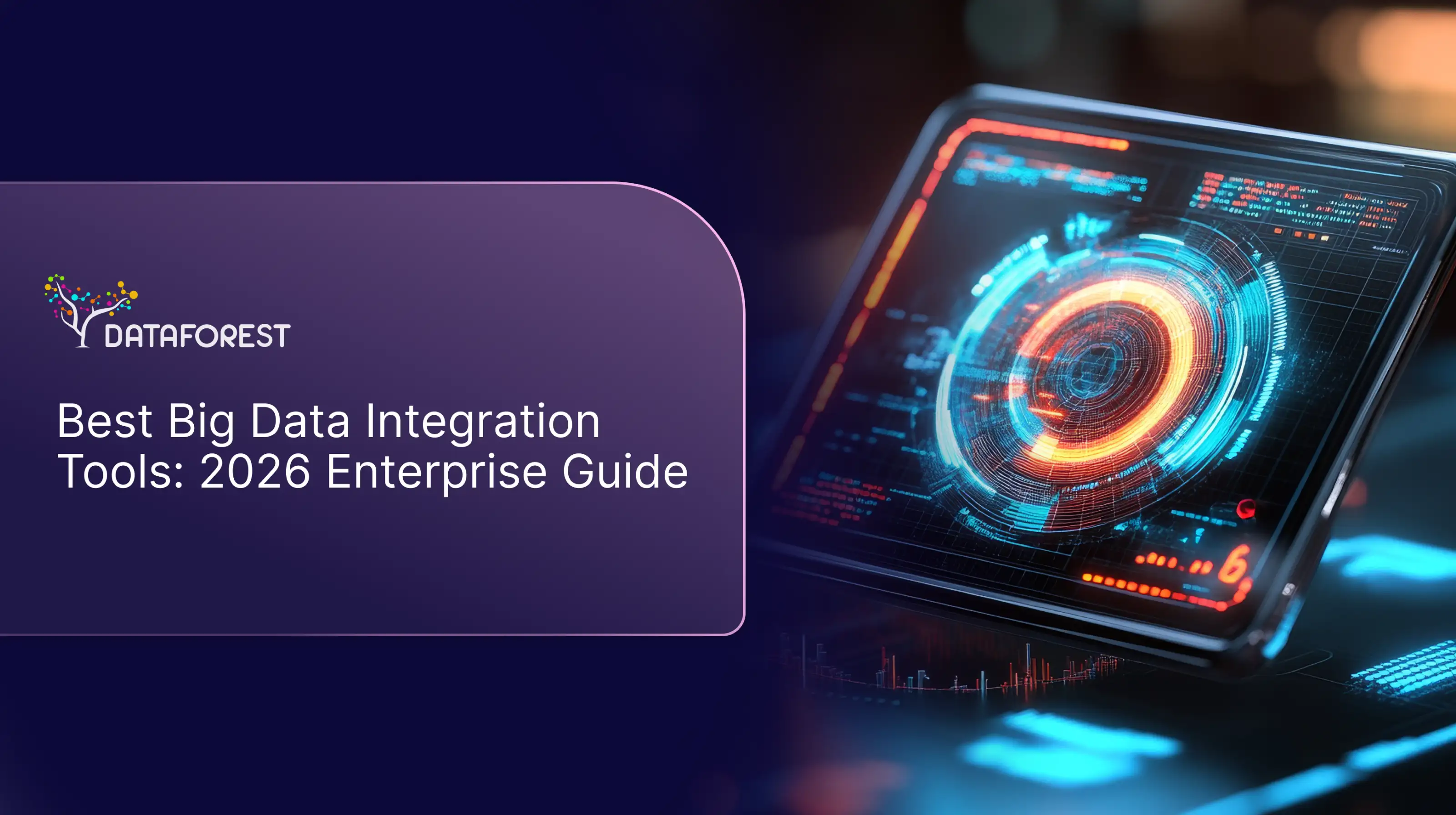Share
Table of contents:
Metadata Management is the practice of organizing, controlling, and maintaining metadata, which is data about data, to ensure consistency, accessibility, and usability across an organization’s data assets. Metadata provides context and descriptive information about datasets, databases, documents, or files, including attributes such as source, structure, creation date, data type, relationships, lineage, and usage permissions. Metadata management establishes a structured framework for cataloging and governing this information, enabling efficient data discovery, governance, and quality management within an organization’s data ecosystem.
Core Characteristics of Metadata Management
- Metadata Definition and Categorization: Metadata management involves defining and categorizing metadata types, such as technical metadata (e.g., data structure, schema, data type), business metadata (e.g., definitions, business rules, purpose), and operational metadata (e.g., access history, processing status). This categorization organizes metadata into meaningful groups, allowing users to access and interpret the metadata based on their specific needs.
- Metadata Cataloging: Central to metadata management is the creation of a metadata catalog that stores and organizes metadata records, providing a searchable index of an organization’s data assets. This catalog facilitates data discovery by indexing datasets and tagging metadata, enabling users to quickly locate and understand relevant data sources within a large data environment.
- Data Lineage Tracking: Metadata management includes tracking data lineage, which captures the origins, transformations, and movement of data throughout its lifecycle. Lineage metadata provides a comprehensive view of data flow across systems, enabling users to trace data back to its source, understand transformations, and ensure accuracy, especially in regulatory and compliance contexts.
- Data Governance and Compliance: Metadata management enforces data governance policies by controlling access, defining data ownership, and applying security protocols to sensitive data. Governance metadata specifies who can access or modify data assets, maintains audit trails of data usage, and ensures compliance with legal and regulatory requirements, such as GDPR or HIPAA.
- Data Quality and Validation: Metadata management systems track quality indicators for datasets, including accuracy, completeness, and consistency. By monitoring quality metadata, organizations can identify data quality issues, manage data standards, and validate the integrity of data assets over time.
- Metadata Synchronization and Integration: Metadata management integrates metadata from various data sources and systems within an organization, such as databases, data warehouses, data lakes, and business applications. Synchronization ensures metadata consistency and accessibility across different environments, centralizing metadata and keeping it up-to-date for all users.
Key Components of Metadata Management
- Metadata Repository: A metadata repository stores and manages metadata centrally, acting as a unified source for retrieving and updating metadata records. This repository is often integrated with other data management systems, such as data catalogs and data governance platforms, to streamline metadata access.
- Metadata Discovery Tools: Metadata discovery tools automatically scan data sources to collect and populate metadata attributes. These tools aid in cataloging new data sources, detecting schema changes, and providing accurate metadata for dynamic data environments.
- Data Lineage Tools: Data lineage tools track and document data transformations, providing a visual map of data flow. These tools are essential for understanding the path and changes of data across the organization, ensuring traceability and transparency in data processing.
Metadata management is critical in modern data-driven organizations that operate complex data environments, including big data systems, cloud storage, data warehouses, and analytics platforms. It supports efficient data discovery, compliance, data quality, and operational transparency, allowing data scientists, analysts, and business users to leverage data effectively. By centralizing and standardizing metadata, metadata management ensures that all organizational data is traceable, well-documented, and governed, enhancing overall data value and trustworthiness across departments and applications.



.webp)








